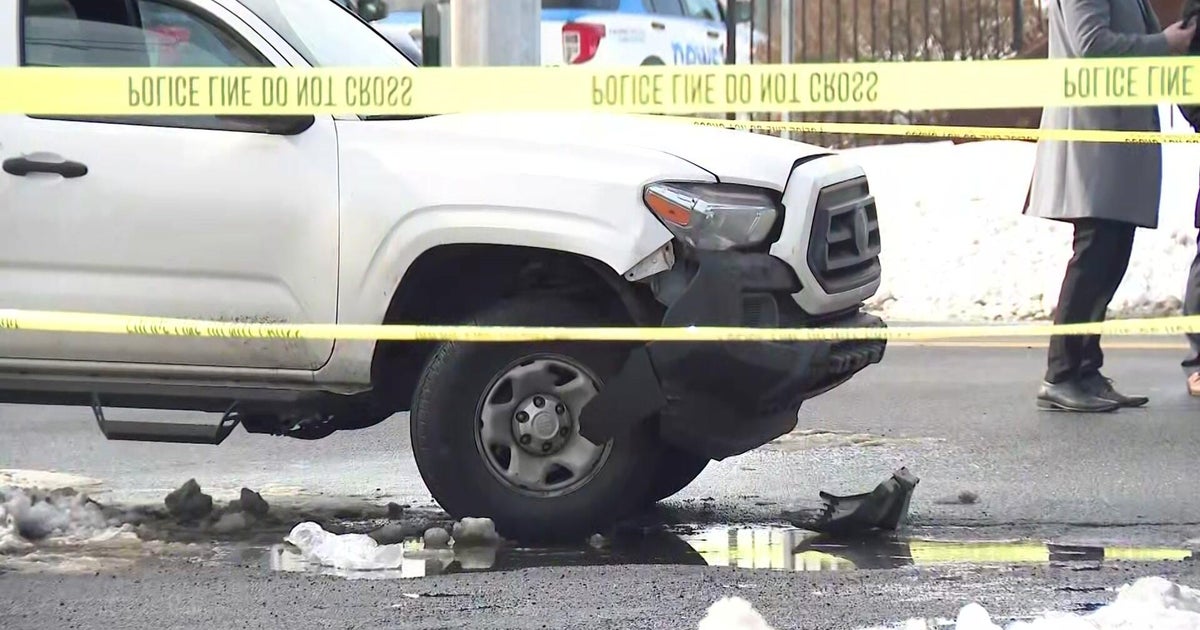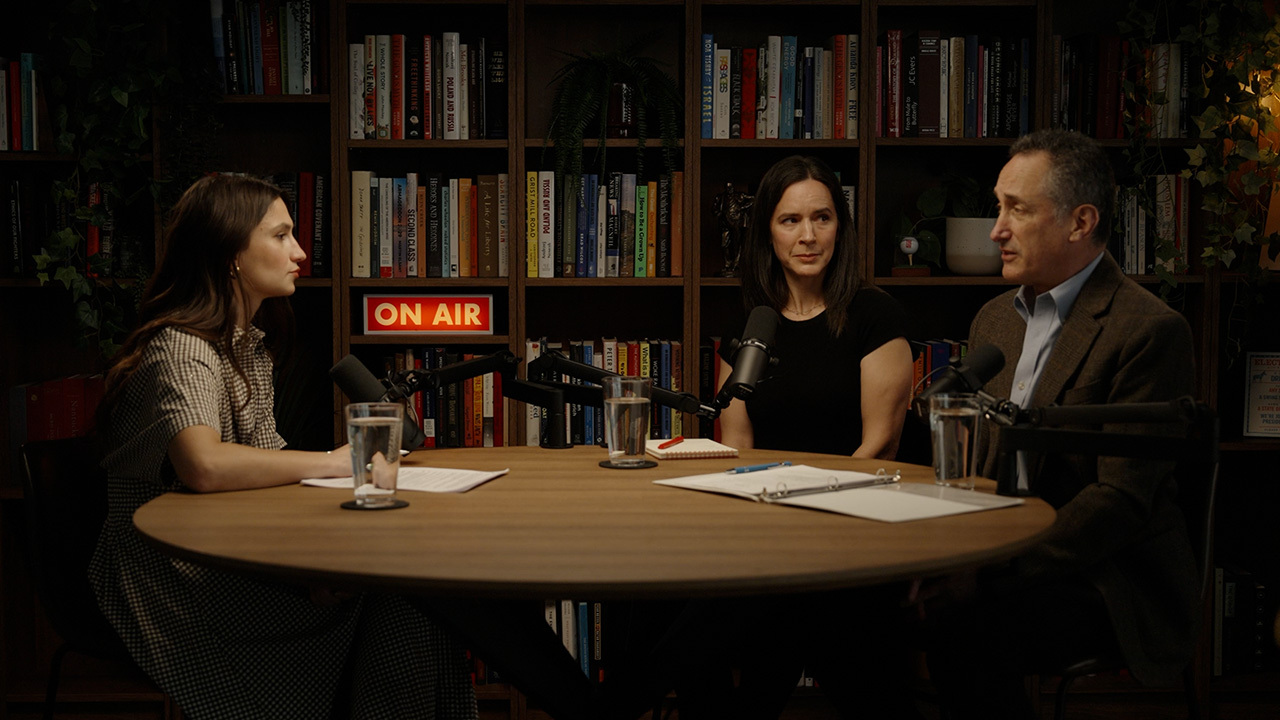Thousands of physician assistants furloughed during coronavirus outbreak
The coronavirus pandemic that has now claimed more than 90,000 U.S. lives is also upending the medical profession, leaving many health care providers sidelined during the crisis. That includes the country's more than 140,000 physician assistants, or PAs — medical professionals trained to diagnose illness and prescribe medications who often serve as a patient's primary health care provider.
According to new survey findings by the American Academy of PAs, more than one if five PAs, or 22%, have been furloughed due to COVID-19, while nearly 4% said they'd been terminated. Some 59% said their work hours had been cut, and 31% said their base pay had been reduced.
Having to temporarily layoff or scale back the hours of PAs who had "volunteered and stepped up" during a public health crisis was the difficult part of his job, physician assistant Ryan Desgrange, told CBS MoneyWatch. In March, Desgrange worked to transition an inpatient orthopedic unit at Henry Ford Hospital in Detroit into a COVID-19 unit. As a director in the hospital system, he redeployed his team of 19 PAs and three nurse practitioners to various sites, including triage tents to test people for the virus.
After a two-week ramp up followed by four weeks of what Desgrange describes as "just craziness," he was confronted with having to furlough three members of his team and reduce the hours of four others as COVID-19 cases declined and other hospital procedures were put on hold.
Desgrange's experience and the AAPA findings show that the country has "highly trained medical providers forced on the sidelines when they could be on the front lines," according to AAPA President David Mittman. He also faulted "archaic" requirements in most states stipulating that PAs have an ongoing relationship with a physician in order to practice.
That said, 21 states have waived the rules, making it easier for PAs "to pivot and provide care," Mittman said in a news release.
The industry group in March called on governors to waive physician supervision or collaboration requirements for PAs during the public health crisis. So far, Louisiana, Maine, Michigan, New Jersey, New York, South Dakota, Tennessee and Virginia have done so, according to the group's tally.
The findings also illustrate how PAs have shifted gears and faced risk working on the front lines of the pandemic. Almost 6% of the 743 PAs surveyed said they had changed specialities during the past 10 weeks, and nearly 10% had switched to a different practice setting. Nearly 39% of those treating COVID-19 patients reported having gone without personal protection equipment.



